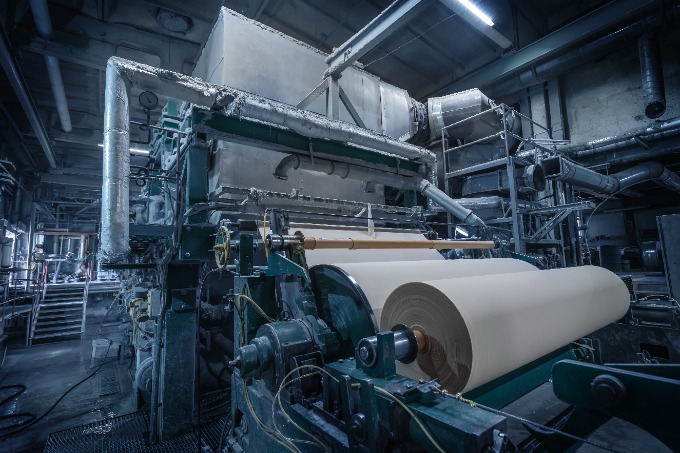
Most gear oils use a polyalphaolefin (PAO) as a base stock. This is essentially a man-made version of the naturally occurring mineral oil pulled from the earth and refined. The size of the molecules are all relatively the same. These are also saturated molecules, which makes them very stable.
The benefits of synthetic oils relate to the molecules’ stable nature and include a higher degree of hydrolytic stability and demulsibility, a higher viscosity index (VI) and a lower pour point. The VI and pour point allow these oils to perform better across a broader temperature range.
The drawbacks of synthetic oils would include their cost and solubility concerns. PAOs generally have low solubility, which means they do not dissolve additives as readily as their mineral counterparts. Synthetic oils also have a difficult time suspending varnish-forming degradation byproducts.
While many people make the snap decision to switch to synthetic oils, the cost factor should be considered. Focus on the optimum reference state (ORS), which is the state that is best for a particular piece of equipment under its specific operating conditions and environment. It should also take into account the equipment’s criticality as well.
For example, say you have two identical pumps with different functions in the plant and different levels of criticality. For one of the pumps, you might take vibration readings and outfit it with a desiccant breather, bottom sediment and water (BS&W) bowl, and minimess sample connection. The other pump receives none of this “special treatment.” Why is that? It all comes down to a matter of cost. If the more critical pump fails, it will have a larger financial impact than the other pump.
This same methodology should be applied when deciding whether to use a mineral or synthetic gear oil. If the equipment’s operating conditions and environment are not as stressful or the financial impact of a failure would not be as significant, then you could probably get by with a mineral oil, as you are not likely to gain enough benefits from the synthetic oil to justify the cost. However, if the environment is more severe, the temperature runs extremely high or low, there are extended oil drains, or the impact of a failure is considerable enough to justify the cost, then you should choose a synthetic oil.
Source: Machinery Lubrication





